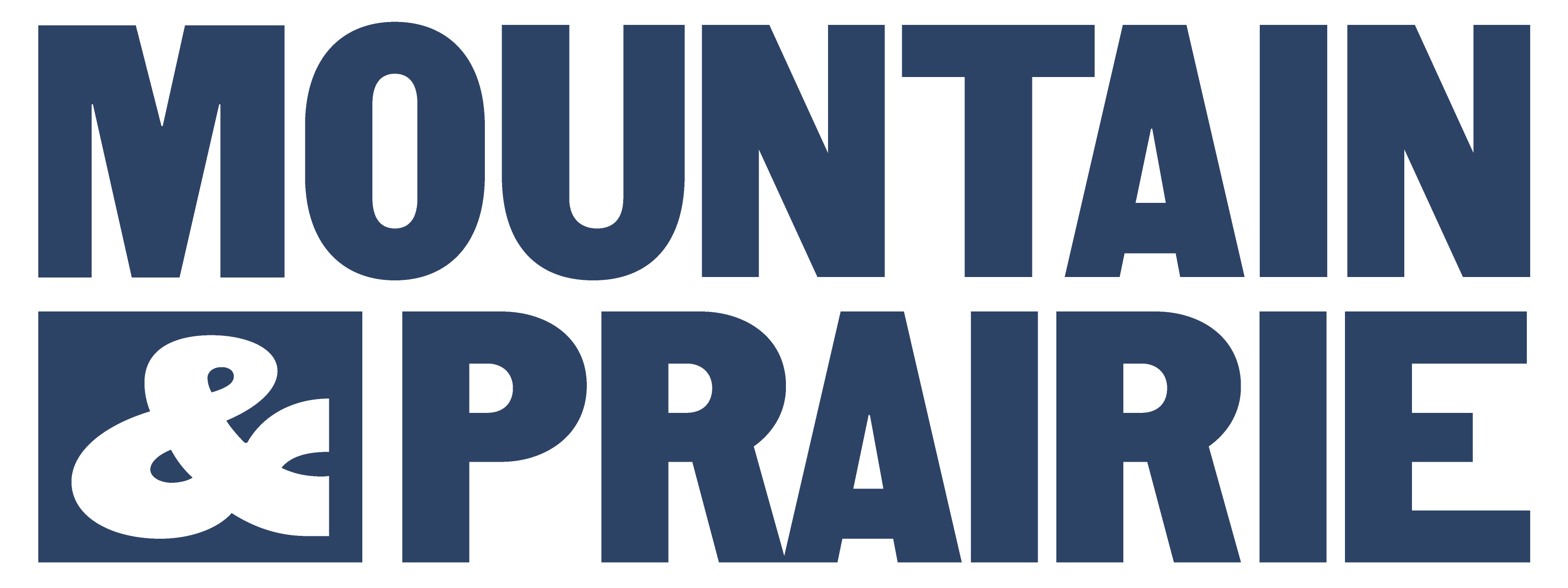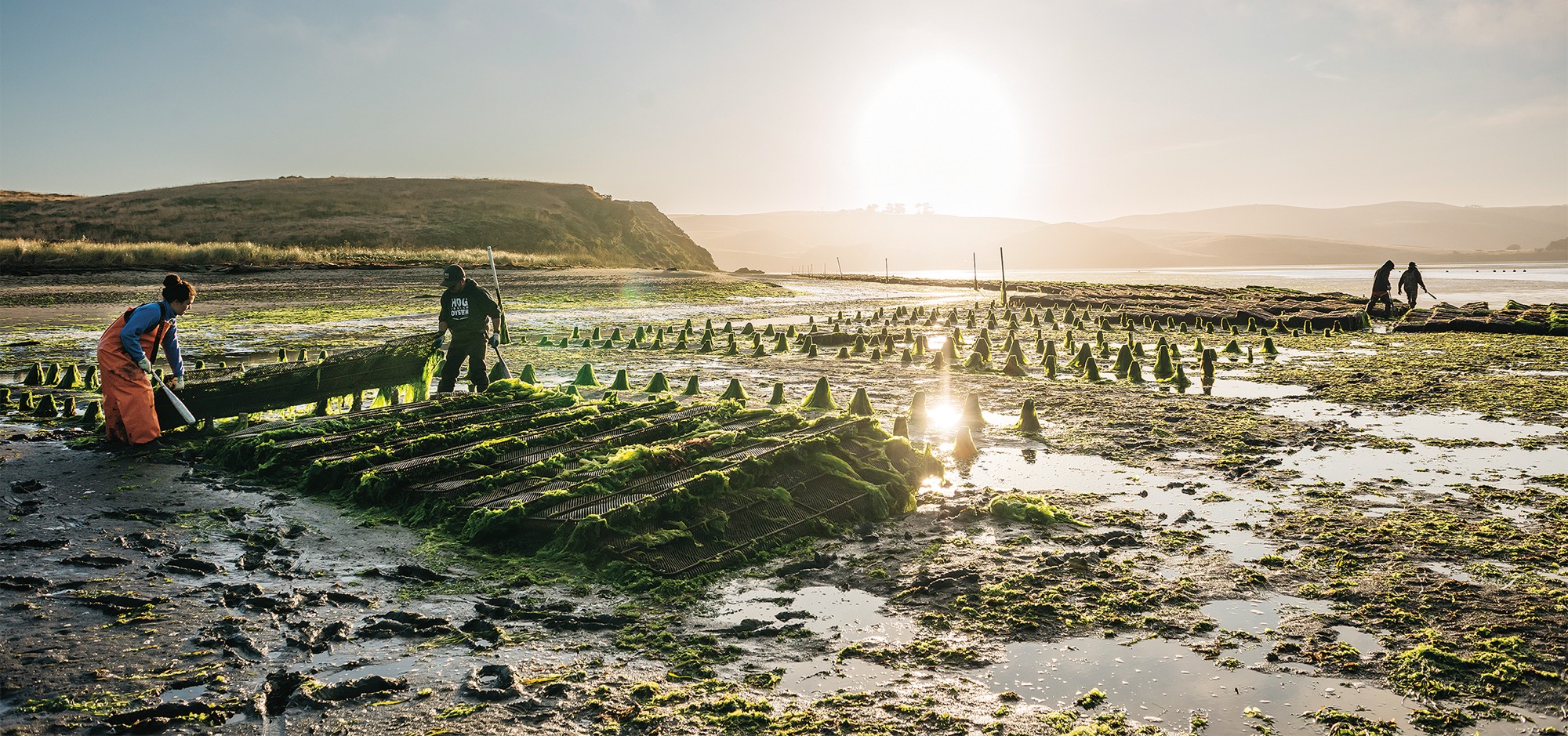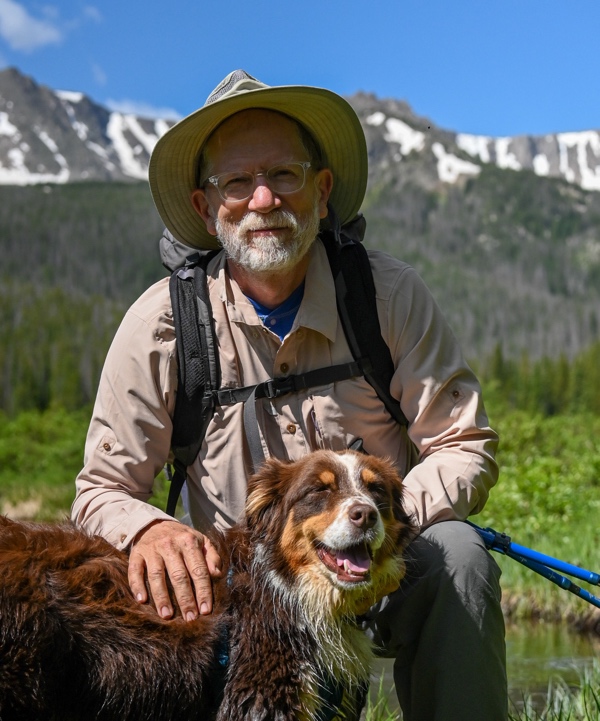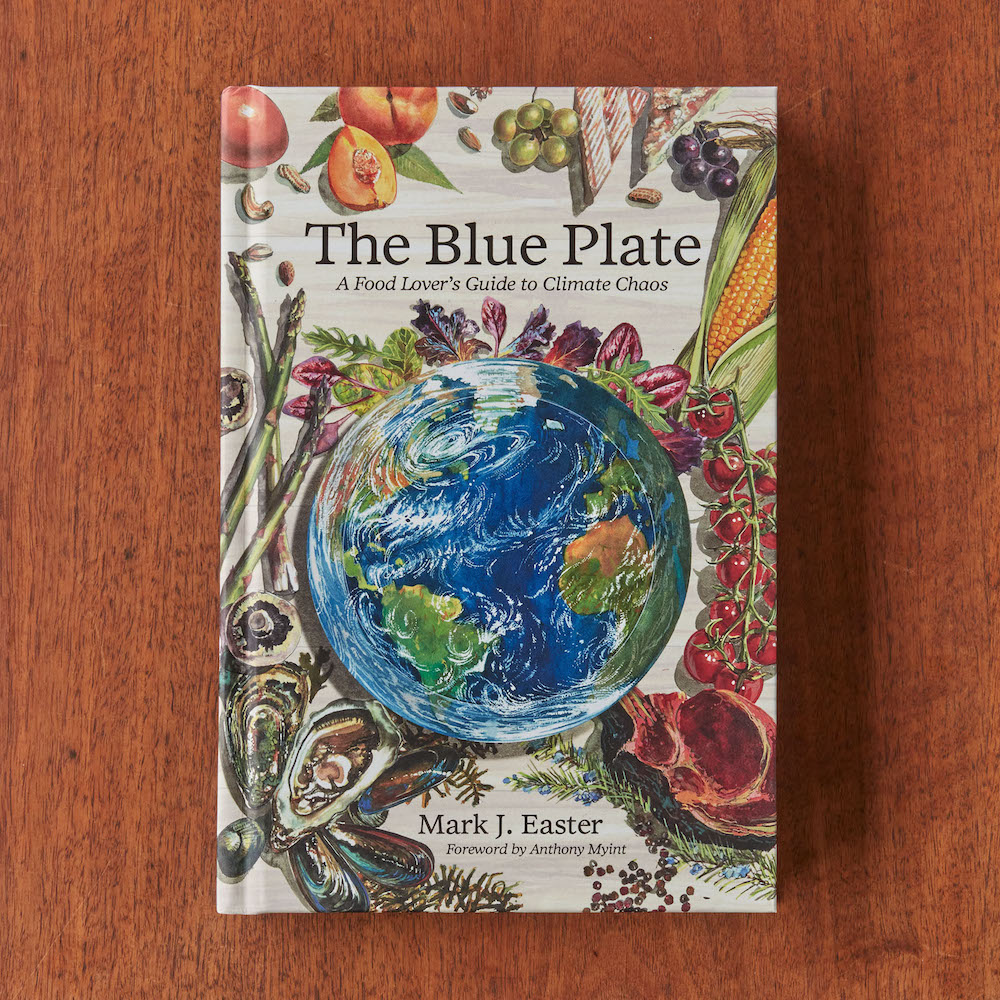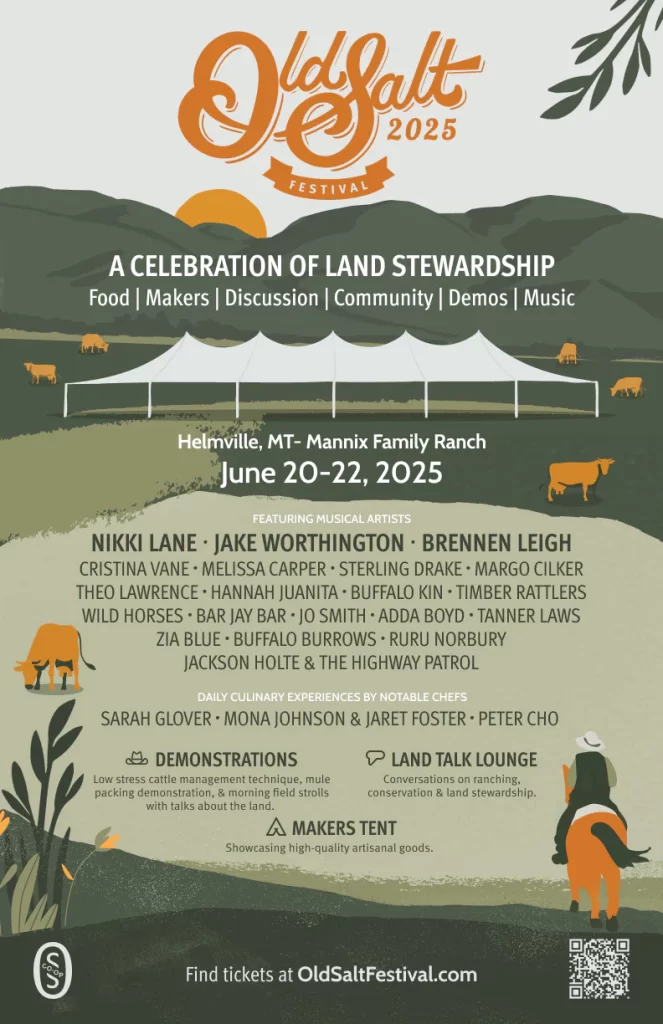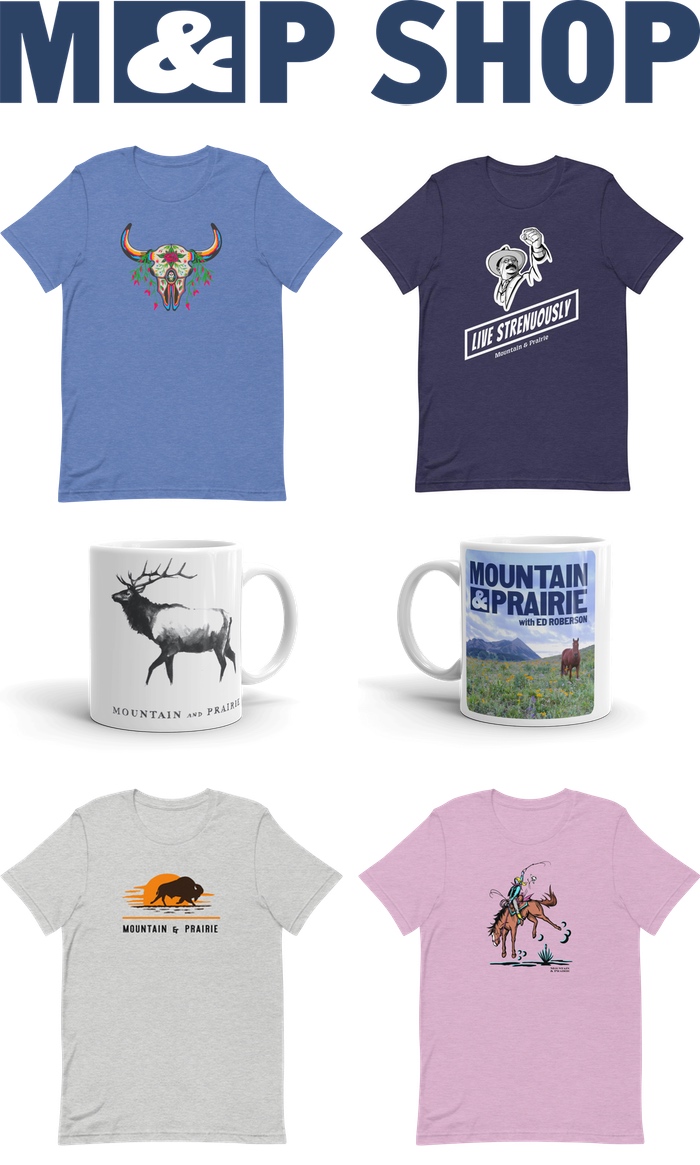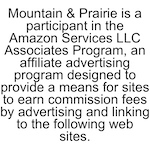Mark Easter is a Colorado-based ecologist and author whose new book is titled The Blue Plate: A Food Lover’s Guide to Climate Chaos. If you care about food and you care about Planet Earth, The Blue Plate is a must-read. It explores the production, consumption, and disposal of many of our favorite foods– seafood, salad, bread, chicken, steak, potatoes, ice cream, and more– and offers a thoughtful and nuanced analysis of these foods’ impacts on the environment. This is not a gloom-and-doom climate change book, nor does it have the condescending tone that sometimes accompanies many climate-related readings. While Mark is crystal clear about the massive threats facing our planet, this is a book built on the ideals of optimism, ingenuity, and taking action. I loved it.
Mark lives and works in Fort Collins and has conducted research in academia and private industry since 1988. He has enjoyed a very successful and impactful career at Colorado State University, and he has authored and co-authored more than 50 scientific papers and reports related to carbon cycling and the carbon footprint of agriculture, forestry, and other land uses. But Mark also has a real gift for storytelling and for breaking down enormously complex topics into understandable and enjoyable writing. His writing is personal, educational, and fun to read, and I credit Mark and The Blue Plate with helping me to finally fully understand issues around greenhouse gas emissions and carbon sequestration.
Mark and I met up a few weeks ago at CSU and had a fun and nuanced conversation about food, agriculture, and the climate. We started by discussing why he refers to himself as a “greenhouse gas accountant,” and he offers an excellent explanation of soil’s all-important role in balancing the release and capture of carbon on Planet Earth. We talk about how grasslands, jungles, and mangroves sequester carbon, and how and why the destruction of any of these ecosystems negatively affects the planet. We discuss Mark’s ten-year process of writing this book and how Patagonia Books helped him bring his vision to life. We discuss how methane is produced by everything from reservoirs to ruminants, and why that particular greenhouse gas is more harmful than the others. We discuss regenerative agriculture, meat production, composting, and personal diet choices, and Mark offers a long list of excellent book recommendations.
We barely scratched the surface of all of the fascinating topics in The Blue Plate, so if you enjoy this conversation, I’d encourage you to pick up a copy of the book and dig in. I know you’ll enjoy it and learn a lot.
—
Photos courtesy of Patagonia, Header © Remy Anthes,
LISTEN & DOWNLOAD:
Apple Podcasts
Spotify
… or wherever you get your podcasts!
—
RESOURCES:
Topics Discussed:
- 3:00 – Intro and how Mark describes his work
- 7:15 – Parallels between carbon accounting and business accounting
- 13:45 – An overview of soil and carbon
- 21:30 – Carbon in grasslands vs jungles vs mangroves
- 25:00 – How and why Mark decided to write this book
- 33:00 – The ten-year process of writing the book
- 37:00 – Greenhouse gases explained
- 40:00 – Methane feedback loop explained
- 43:30 – A fascinating story about methane in Lake Powell
- 46:15 – Reservoirs and evaporation
- 47:00 – The most difficult chapter to write: Ruminants and meat
- 55:30 – The increasing global demand for meat
- 58:00 – Taking action and personal responsibility
- 1:01:30 – Personal responsibility versus regulation
- 1:04:00 – A helpful way to understand carbon quantities
- 1:06:00 – Carbon consequences of transforming forests to grasslands
- 1:09:00 – All about composting
- 1:13:00 – Business opportunities in regenerative agriculture
- 1:16:30 – Favorite books
- 1:22:15 – Parting words
Information Referenced:
- Mark Easter
- The Blue Plate: A Food Lover’s Guide to Climate Chaos
- Keith Paustian
- Intergovernmental Panel on Climate Change
- Marlen Eve
- Stephen Ogle
- Bill Parton
- Excited Skin of the Planet
- Video: Soil Organic Matter: Humanity’s True Capital by Francesca Cotrufo, PhD
- Melannie Hartman
- SueEllen Campbell
- The Soil Will Save Us: How Scientists, Farmers, and Foodies Are Healing the Soil to Save the Planet by Kristin Ohlson
- Kiss the Ground
- John Calderazzo
- Rachel Carson
- Doug Brinkley interview
- Aldo Leopold
- EO Wilson
- Barbara Kingsolver
- Greenhouse gases
- Methane feedback loop
- Into the Clear Blue Sky: The Path to Restoring Our Atmosphere by Rob Jackson
- Cod: A Biography of the Fish that Changed the World by Mark Kurlansky
- Prairyerth: A Deep Map by William Least Heat-Moon
- Animal, Vegetable, Miracle: A Year of Food Life by Barbara Kingsolver
- A Sand County Almanac: And Sketches Here and There by Aldo Leopold
- Coming Home to Eat: The Pleasures and Politics of Local Foods by Gary Paul Nabhan
- Silent Spring by Rachel Carson
- Laura Pritchett
Enjoy this episode? Then you might like these too:
- Dr. Katharine Hayhoe – Effecting Change Through Authentic Conversation
- Mike DeHoff – Exploring the Colorado River’s Reemerging Rapids
- Pete McBride Returns – Exploring & Documenting His Backyard River
- Kristine Tompkins – Nothing to Lose
- Dr. Emily Howe – The Interconnectedness of Mountains, Forests, Rivers, and Estuaries
- Matt Cahill – A Deep Dive into the Sagebrush Sea
- Lorelei Cloud – Solving Modern-Day Challenges with Ancient Tribal Wisdom
- Rick Ridgeway – Purpose-Driven Adventurer
Visit the podcast page for a full, searchable list of episodes
